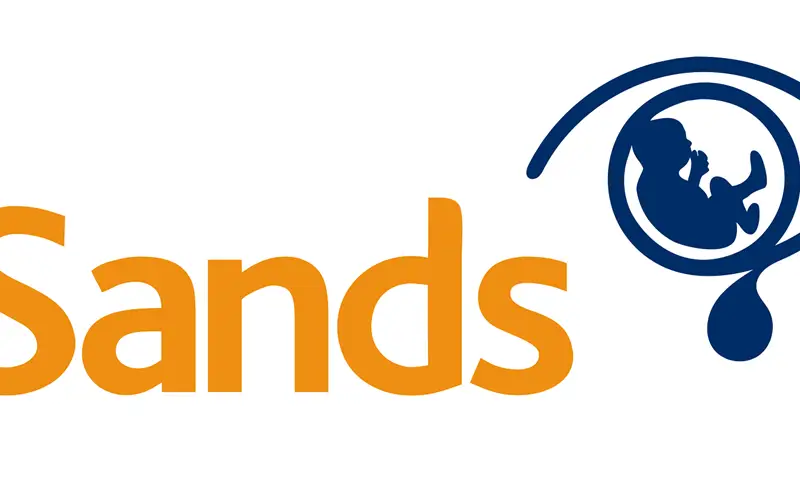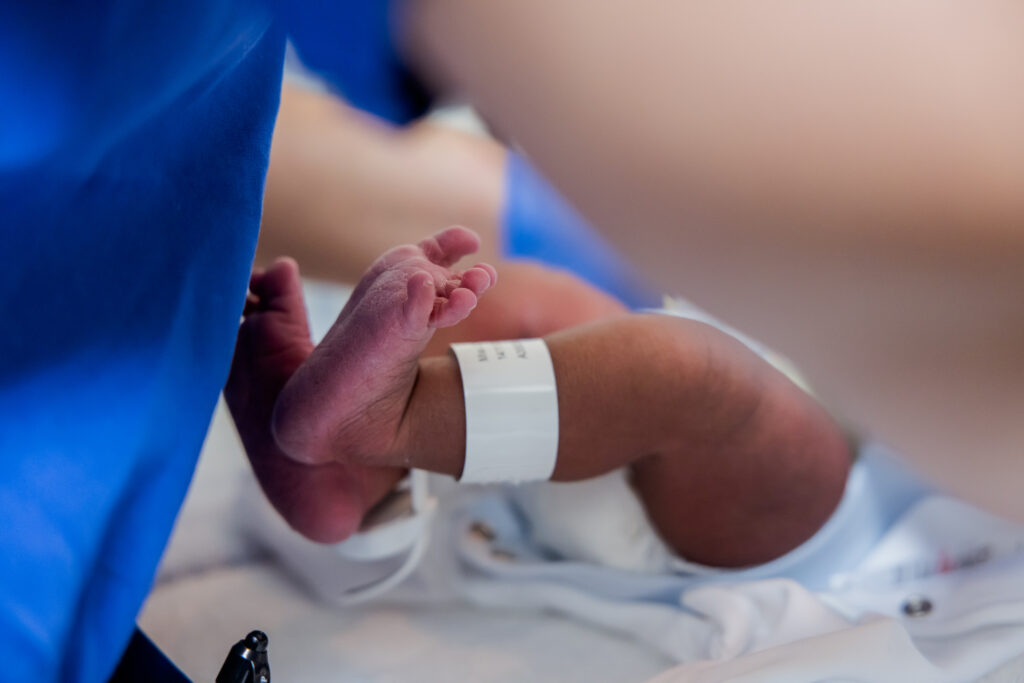The Stillbirth and Neonatal Death (Sands) charity is calling for bereavement training for midwives to be made available during work hours.
The call for this training to be made available to midwives during work hours comes after trusts and boards reported that just 33% of staff were able to access training for bereavement while they were on shift.
77% of trusts and boards said that bereavement care training was available.
Sands Chief Executive Clea Harmer said: “Every parent whose baby has died, equally deserves excellent bereavement care. It’s the very least we can do for them. So it is simply not good enough that so many midwives and other healthcare professionals either don’t have access to this training, or are expected to do this in their own time outside of work hours.
“Bereavement care training is essential to ensure the immediate and long-term wellbeing of families affected by pregnancy loss or the death of a baby. Sands can offer support and training to midwives, and other healthcare workers, to ensure they have the skills they need to both care for bereaved families, and to look after their own wellbeing.”
Further findings from the survey show 48 per cent of midwives are offered annual bereavement care training by their trust, with just 12 per cent of trusts and boards giving time in work hours for midwives to attend.
The National Bereavement Care Pathway (NBCP) is currently being rolled out in England and piloted in Scotland. The pathway sets out what good bereavement care should look like and training is one of the nine NBCP standards central to delivering high quality bereavement care.
From the findings of the survey, Sands has launched an e-action as part of its latest campaign Together, we are Sands asking NHS leaders to ensure frontline staff are given time during working hours to attend training.
Commenting on the survey results and campaign, the Royal College of Midwives (RCM) CEO Gill Walton said: “To expect staff to attend training related to their role in their own time is utterly unfair.
Working closely with Sands as part of its One Voice partnership the RCM supports the National Bereavement Care Pathway (NBPC) standards for bereavement care. These standards call for all maternity staff who come into contact with bereaved parents to supported by their Trust or service to access and attend training.
The RCM says that while midwifery education and training covers bereavement at a basic level, it is vital that those who require further professional development or those who specialise in bereavement care are given adequate time off during working hours to attend training.”
The Sands briefing of results on ‘Access to bereavement care training for healthcare professionals across the UK’ can be found here.


